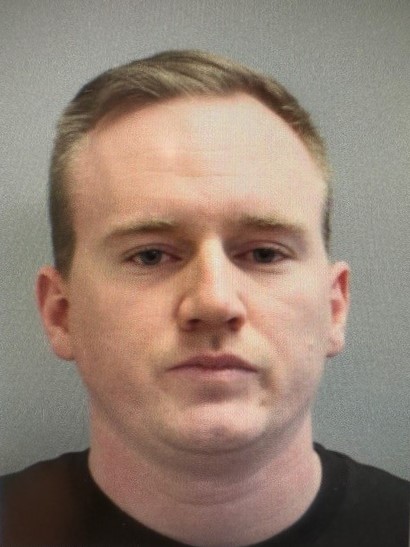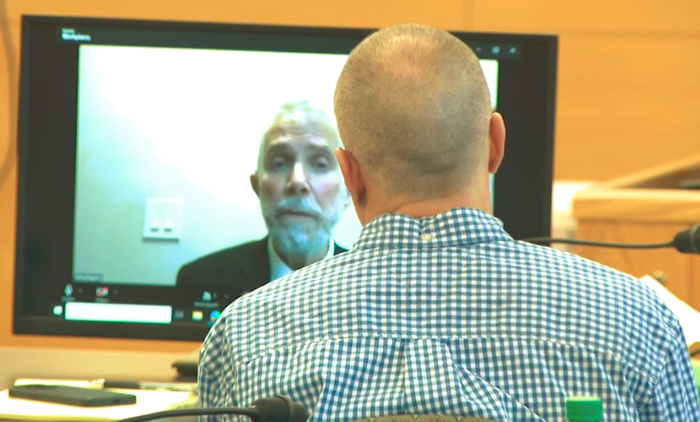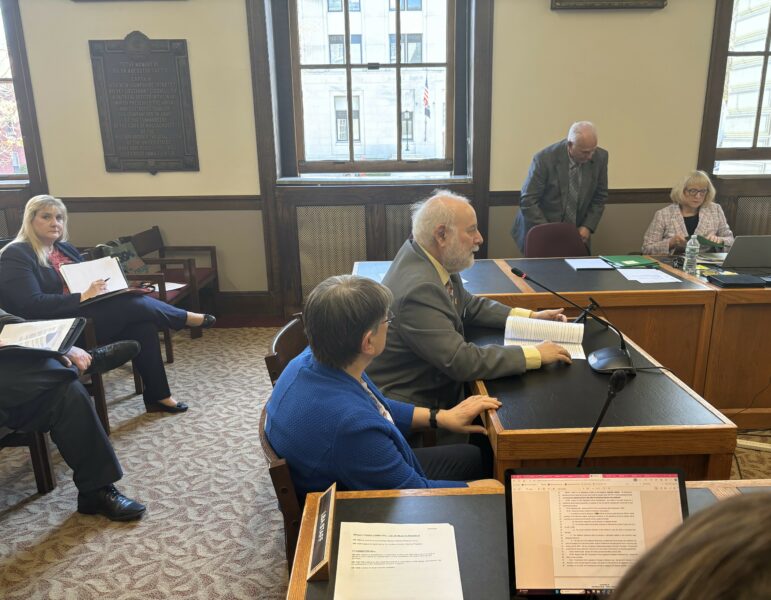This story was co-published by The Boston Globe and OpenSecrets Blog.
A money-in-politics watchdog group and Massachusetts Attorney General Maura Healey on Wednesday called for a federal investigation of possible campaign finance violations at Thornton Law Firm in Boston as the number of politicians disavowing the lawyers’ money continued to grow.
An aide to Sen. Elizabeth Warren (D-Mass.) said that she, too, will return contributions from Thornton lawyers, after initially saying that she would wait for the results of an investigation. At least 21 politicians nationwide have now said they would return or give away more than $600,000 in donations from Thornton, a leading funder of the Democratic party.
The Campaign Legal Center, a Washington-based campaign finance watchdog organization, filed a formal complaint against Thornton and three of its lawyers with the Federal Election Commission, arguing that the attorneys illegally acted as “straw donors” for the law firm, which gave the lawyers “bonuses” that offset their donations.
Under FEC rules, the agency must ask Thornton and the individual attorneys for a response within five days.
A spokeswoman for Healey, who has already said she would return Thornton donations, said she supports both federal and state investigations of the law firm.
“The Attorney General is concerned by reports about campaign donations and alleged bonus reimbursements at the Thornton Law Firm and believes it is important that the Federal Election Commission and (Massachusetts) Office of Campaign and Political Finance … immediately investigate the matter,” said Jillian Fennimore, the Healey spokeswoman.
A lawyer for Thornton Law Firm has insisted that the law firm’s contribution system is legal since the lawyers were receiving the bonuses out of their equity — or ownership — in the firm.
“We’ll review the complaint, but the law firm has done nothing wrong,” said Brian Kelly, a lawyer for Nixon Peabody who represents the Thornton Law Firm. He declined further comment.
The calls for investigation follow a story published Oct. 29 by The Boston Globe and the Center for Responsive Politics describing a system used by Thornton to pay hundreds of “bonuses” to partners that matched their campaign donations.
Three partners at the firm — Michael Thornton, Garrett Bradley, and David Strouss — contributed more than $1.6 million over five years, mostly to Democratic candidates and the party. The partners received bonuses totaling about $1.4 million, often in the exact amount of the donation and on the same day.
Almost as soon as the story was published, politicians — especially those up for election — began disavowing the Thornton donations. Sen. Edward Markey(Mass.) and Rep. Joseph Kennedy III (Mass.) were the latest to say they are returning donations from the lawyers or contributing an equivalent amount to charity or the U.S. Treasury. They join Senate candidates Jason Kander (Mo.), Katie McGinty (Penn.), Patrick Murphy (Fla.) and other Democratic politicians — many of them in tight races for Senate seats — to say they were giving up the money.
A spokewoman for the Democratic Senatorial Campaign Committee, which has received $1.5 million from Thornton partners in the past decade, said the committee was “reviewing” the contributions.
Warren, one of the biggest recipients of donations from Thornton lawyers, initially said she would await the results of an investigation to decide whether to return the money. On Wednesday, however, an aide said that she would give back the money out of an abundance of caution. Records show that Warren and her PAC have received nearly $130,000 in Thornton money.
The 11-page complaint from the Campaign Legal Center argues that both the Thornton lawyers and the Thornton law firm violated federal election law. Giving the lawyers offsetting bonuses for their political donations was a way to hide the fact that the law firm was giving the money, the center argued, allowing the law firm to greatly exceed campaign donation limits.
Thornton Law Firm “misled the public . . . about the true sources of support for those candidates and political committees,” according to the complaint.
The complaint also casts doubt on the law firm’s explanation that its system was legal because it deducted the reimbursements from each partner’s capital account — representing his equity in the firm. Under this system, each lawyer would have to settle the account when they left the law firm, repaying any outstanding bonuses.
The firm’s explanation is “not credible,” the Campaign Legal Center complaint maintains. One former employee told the Globe that the reimbursement policy was started after partners began complaining that they were being asked to contribute thousands of dollars to political causes each year.
If the Thornton lawyers were receiving bonuses that came from their own money, the Center contended, “then the reimbursement program would appear to provide little incentive to make contributions and would do little to address the ‘grousing’” mentioned in the story.”
But Thornton does have defenders. One campaign finance expert agreed with Kelly.
“It is likely that they did not violate the law and that would be my position,” said Vincent DeVito, of the firm Bowditch & Dewey LLP. He added that it is acceptable for the firm to pay the partner a bonus for each donation “as long as it comes out of their equity position or income. The (donation) doesn’t have to come out of their pocket.”
Thornton will have 15 days to respond after the FEC sends the formal complaint. Then, FEC lawyers will make a recommendation on further action for the commissioners to vote on; possibilities include opening a formal investigation, sending the matter to arbitration and dropping it.
People have gone to jail for reimbursing political donations. Two years ago, the former CEO of the Fiesta Bowl, John Junker, was sentenced to eight months for a scheme in which the Bowl reimbursed employees for at least $46,000 in donations to federal, state and local politicians using payments labeled as “bonuses.”





